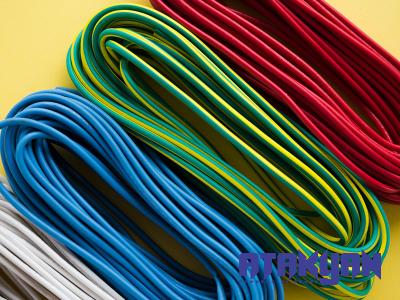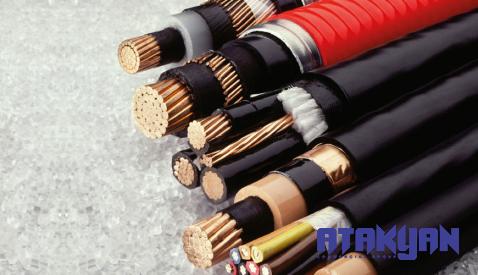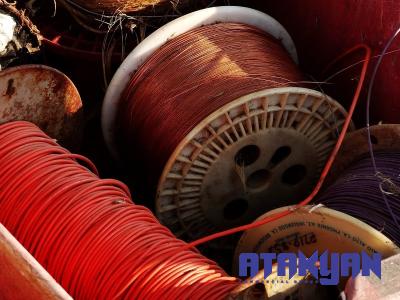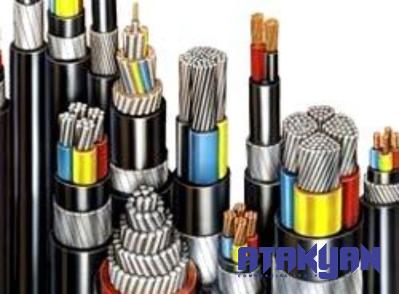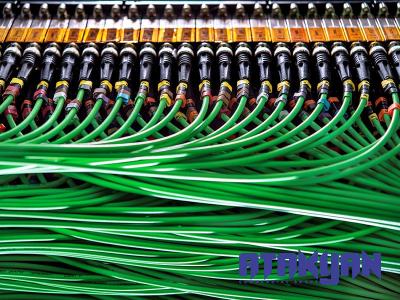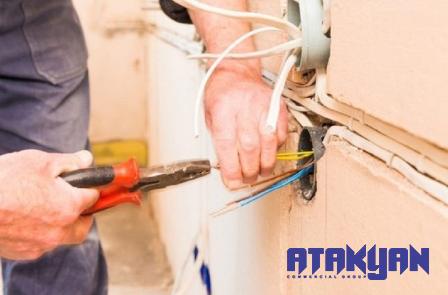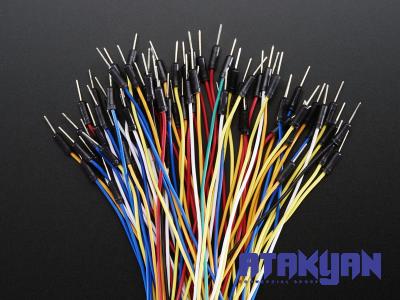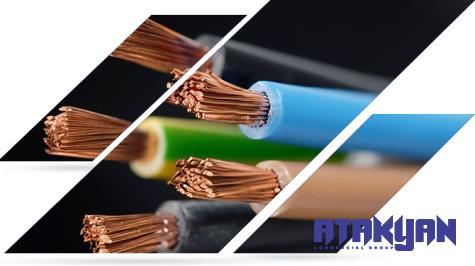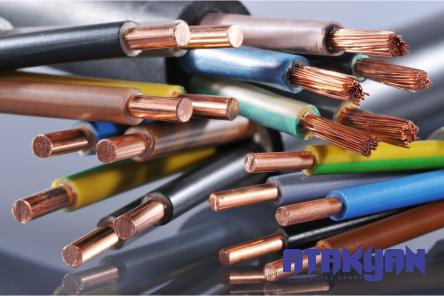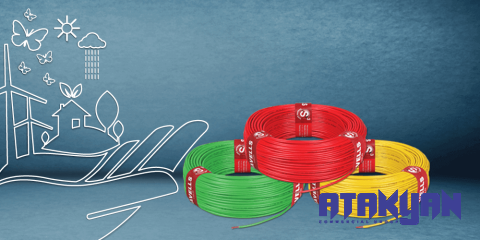A Comprehensive Guide
Welding electrodes are a critical component in the welding process. As a consumable, they play a vital role in creating strong and durable welds. With different types available, it’s essential to understand their characteristics and uses to ensure optimal results for any welding project. In this article, we will discuss the different welding electrode types and their uses, as well as considerations when buying and pricing.
I. Discuss Welding Electrodes Types and Uses
1. Shielded Metal Arc Welding (SMAW) Electrodes:
Shielded Metal Arc Welding, commonly known as stick welding, is one of the most popular welding methods. SMAW electrodes come in various types, each with specific properties and applications. Some common types include:
– Rutile Electrodes: These electrodes are versatile and suitable for use in both AC and DC current. They produce welds with good appearance and can be used for general-purpose welding, structural welding, and maintenance work.
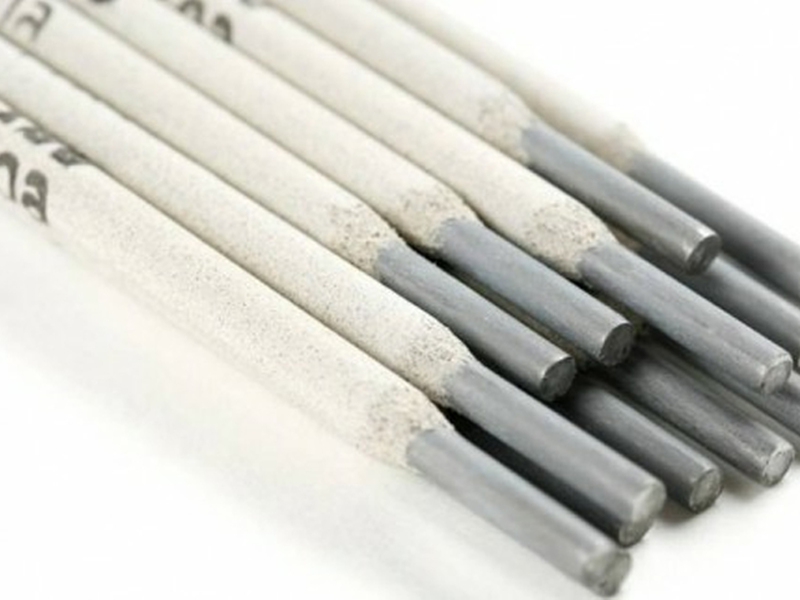
– Basic Electrodes: Basic electrodes are known for their excellent mechanical properties and capacity to provide high-quality welds. They are often used for welding low-alloy steels, stainless steels, and difficult-to-weld metals.
– Cellulosic Electrodes: These electrodes offer high penetration power and are widely used for welding pipelines, tanks, and heavy structures. However, they require experienced welders due to the need for precise control over the welding parameters.
– Iron Powder Electrodes: Iron powder electrodes are designed for high-speed welding and provide deep penetration. They are commonly used for welding thick plates, heavy structures, and in industries such as shipbuilding and construction.
2. Gas Metal Arc Welding (GMAW) Electrodes:
Gas Metal Arc Welding, also known as MIG welding, utilizes a continuous solid wire electrode along with a shielding gas. While the wire acts as both the filler material and the electrode, it does not have different types like SMAW electrodes. However, the wire can vary in composition and diameter to suit different types of metals and welding applications. GMAW electrodes are commonly used for welding steel, stainless steel, aluminum, and other non-ferrous metals.
3. Flux-Cored Arc Welding (FCAW) Electrodes:
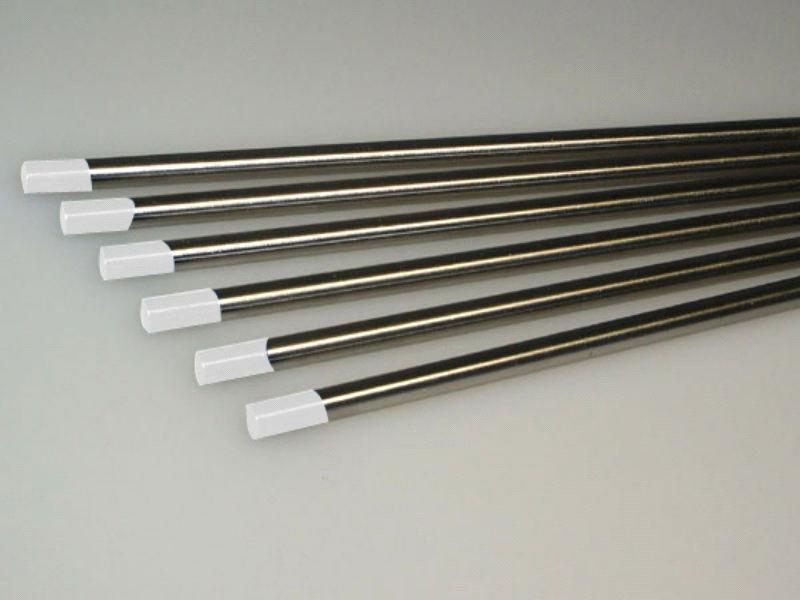
Flux-Cored Arc Welding electrodes are similar to GMAW electrodes but have a hollow core filled with flux. This flux provides protection against atmospheric contamination and improves the quality of the weld. FCAW electrodes can be self-shielded (without additional shielding gas) or dual-shielded (using shielding gas along with the flux). They are commonly used for welding thick materials, making them suitable for construction, shipbuilding, and manufacturing industries.
II. Buying Welding Electrodes Types and Uses
When buying welding electrodes, it’s crucial to consider the specific requirements of your welding project. Here are some key factors to keep in mind:
1. Material Compatibility:
Different types of welding electrodes are designed for specific materials. Ensure that the electrode you choose is suitable for the base metal you are welding. Consider factors such as the material’s thickness, composition, and intended use.
2. Welding Method:
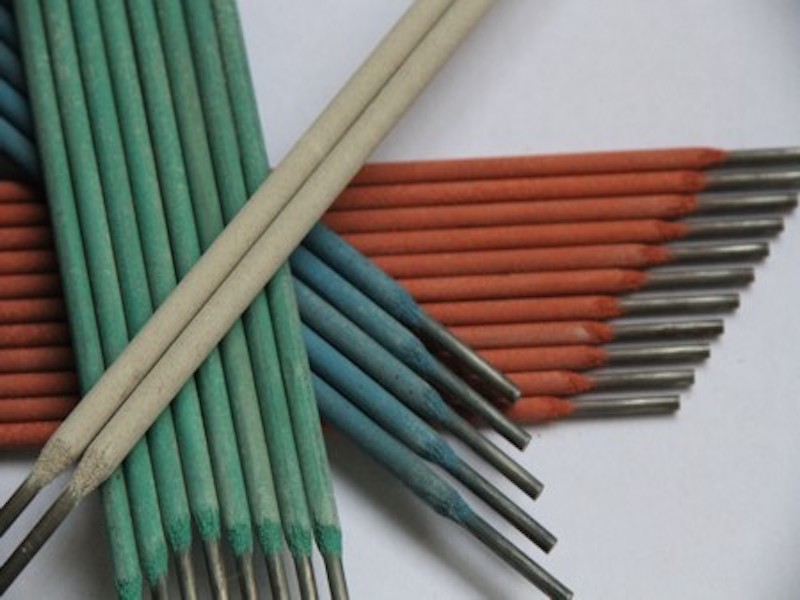
Understand the welding process you intend to use, whether it’s SMAW, GMAW, or FCAW, and select electrodes accordingly. Each welding method has its own electrode requirements, so ensure compatibility for optimal results.
3. Quality and Certification:
Always choose welding electrodes from reputable manufacturers that meet relevant industry standards. Look for certifications, such as American Welding Society (AWS) classification, to ensure the electrodes’ quality and consistency.
III. Price of Welding Electrodes Types and Uses
Welding electrodes’ prices vary depending on factors such as type, size, brand, and quantity. Generally, basic electrodes are more affordable compared to specialized or high-performance electrodes. It’s essential to balance cost with quality to avoid compromising on weld integrity and overall project durability.
When comparing prices, consider factors such as electrode performance, reliability, and long-term cost savings. In some cases, spending a little more on high-quality electrodes can result in significant savings through improved efficiency and reduced rework.
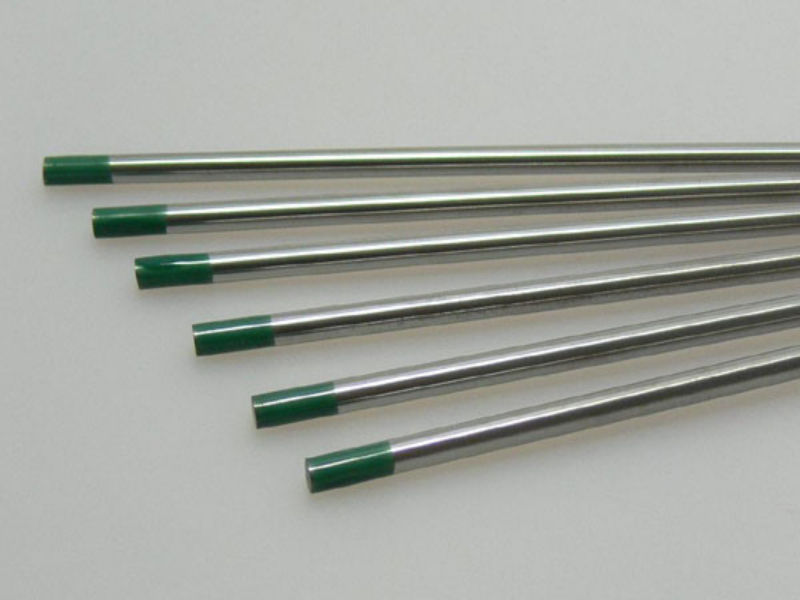
In conclusion, understanding the different types of welding electrodes and their specific uses is crucial for achieving desired welding outcomes. Consider the requirements of your welding project, including the material being joined and the welding method employed. Finally, make informed purchasing decisions by balancing cost and quality to ensure the best results for your welding applications.
